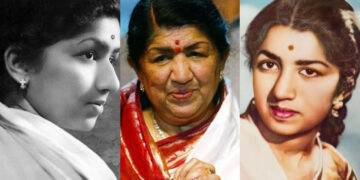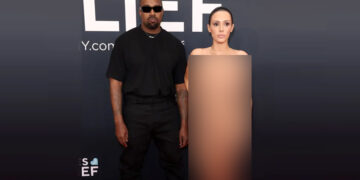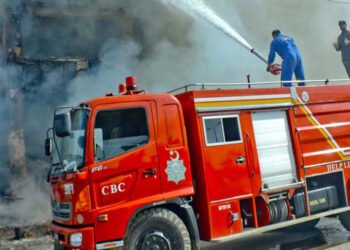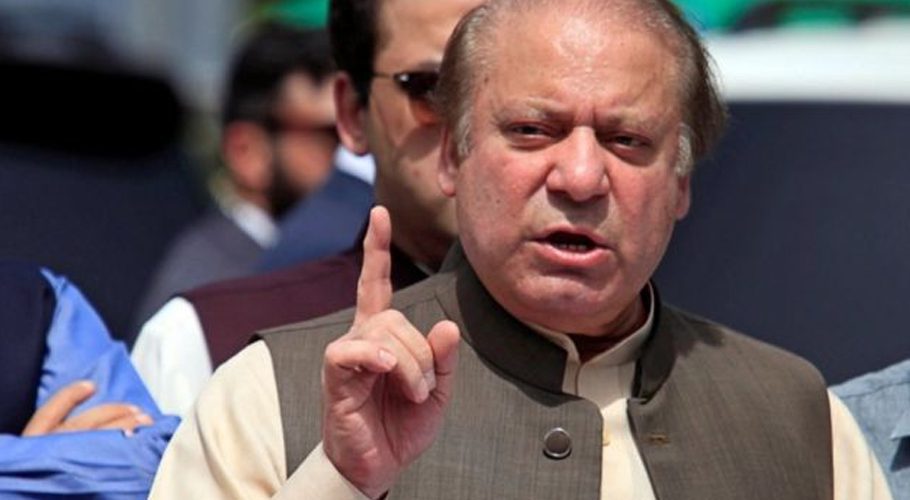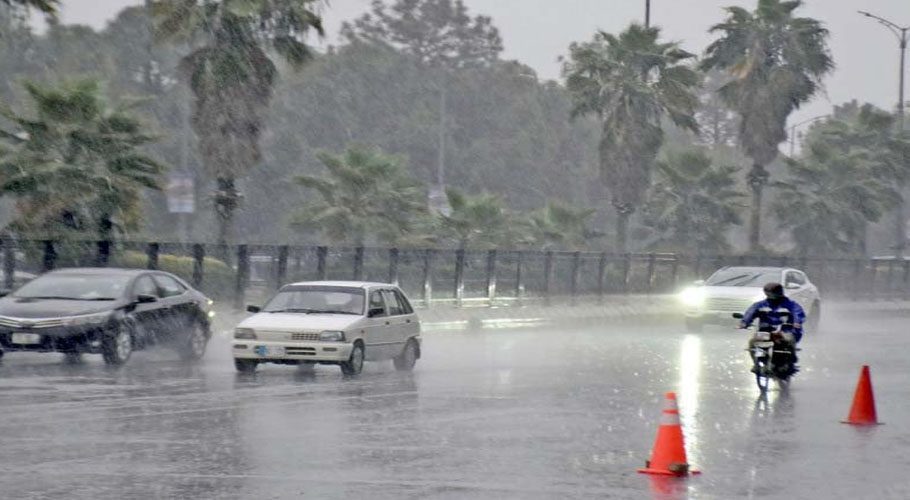![]() Follow Us on Google News
Follow Us on Google News
FIFA, world’s football governing body, also acts as the legislator in all kinds of football activities. Through its Congress, the FIFA Council or the Secretary General, passes various types of legal documents that have an impact on the day-to-day activities of football all over the world.
For the first time in FIFA history, managers will be allowed to name 15 players on their bench for a World Cup fixture and will also be given the luxury of making five substitutions during the contest. Squad sizes have been increased from 23 to 26.
However, like the rules that have been introduced in the Premier League this season, the five changes will have to be made within three windows over the course of the 90 minutes.
Should matches in the knockout stages be forced into extra time, each team will be handed one additional substitution.
Five substitutions have been seen in the European game – apart from the Premier League, until August – since the 2019/20 campaign which was distributed by Covid.
Video Assistant Referee (VAR)
Video Assistant Referee (VAR), which has become part of the European game’s furniture in recent years, will make its second World Cup appearance in Qatar this winter.
The technology will “use 12 dedicated tracking cameras mounted underneath the roof of the stadium to track the ball and up to 29 data points of each individual player, 50 times per second, calculating their exact position on the pitch.
The 29 collected data points include all limbs and extremities that are relevant for making offside calls.”
The official World Cup match ball, created by Adidas, will be fitted with an inertial measurement unit (IMU) sensor to track the exact movement of the ball.
Handball rule
The 64 games that are set to take place over the duration of the World Cup will be underlined by the same handball rules as the Premier League, if they are required.
Going shirtless not allowed
FIFA says fans “must not remove items of clothing and reveal intimate body parts”. However, it added that “body tattoos and body paint do not constitute clothing.”
Say no to alcohol
FIFA and Qatar government have already banned sales of beers around the eight World Cup stadiums. Now, in its code of conduct, FIFA says, fans, while watching matches, must not “be visibly under the influence of alcohol, narcotics or any narcotic substance”.
Alcohol will only be available in the corporate boxes of the stadiums and fan zones.
Banned: Bottles to political messages
FIFA banned fans from carrying “bottles, cups, jars, cans or any other form of closed or capped receptacle that may be thrown or cause injury”.
Fans are also not allowed to carry food unless it is for babies or a medical requirement. Fans will be able to avail food and soft drinks from the kiosks on the ground floor of the stadiums.
FIFA also stressed that any materials carrying “political, offensive and discriminatory” messages are banned from the venues.



